5 Quick and Easy Team Building Problem-Solving Activities
Whether you are working remotely or in the office, these activities are going to generate trust, create stronger relationships and improve your team's problem-solving abilities.
It goes without saying that problem-solving skills are absolutely essential in the workplace. Solving problems in a group setting requires strong collaboration skills, the ability to adapt, and clear communications across the team. Team building activities are an interactive and creative approach to strengthen these skills. These activities are going to generate trust, create stronger relationships and improve problem-solving abilities, simultaneously. Whether you are working from home or you’re in the office; and whether you’re working with a large group or small groups, the Fellow team has compiled 5 team-building problem-solving activities that will connect, engage and energize your team.
- What is team building?
- The benefits of team building problem solving activities
- 5 Effective team building problem solving activities
- Free team building agenda template
What is team building?
Let’s take it back to basics: What is team building, anyway? The Oxford English Dictionary defines team building as:
“The action or process of causing a group of people to work together effectively as a team, especially by means of activities and events designed to increase motivation and promote cooperation.”
The Balance Careers also provide an excellent explanation of what team building means in the 21st century:
“Team building is the process of turning a group of individual contributing employees into a cohesive team. A team is a group of people organized to work together interdependently and cooperatively to meet the needs of their customers by accomplishing their purpose and goals.”
The benefits of team building problem solving activities
Although some managers may feel reluctant at first to initiate problem solving activities with their teams, there are so many benefits that make team building exercises worth the while.
Team building problem-solving activities promote increased trust between teammates. Because there are higher levels of trust, it then becomes much easier to provide constructive criticism. These exercises are a great relationship-building opportunity that can foster clear communications, which in turn encourage a collective effort, making it a lot easier to work together towards a common goal.
Another benefit of solving problems as a team is a leaner and faster onboarding. Again, with these strengthened relationships, stronger communication and a deeper understanding of the way each team member approaches problems, new employees will recognize this cohesiveness and feed off of it.

Enhance your team’s problem-solving skills
Write down the problem, thought processes, and next steps in a meeting agenda that everyone has access to collaborate on. Try a tool like Fellow!
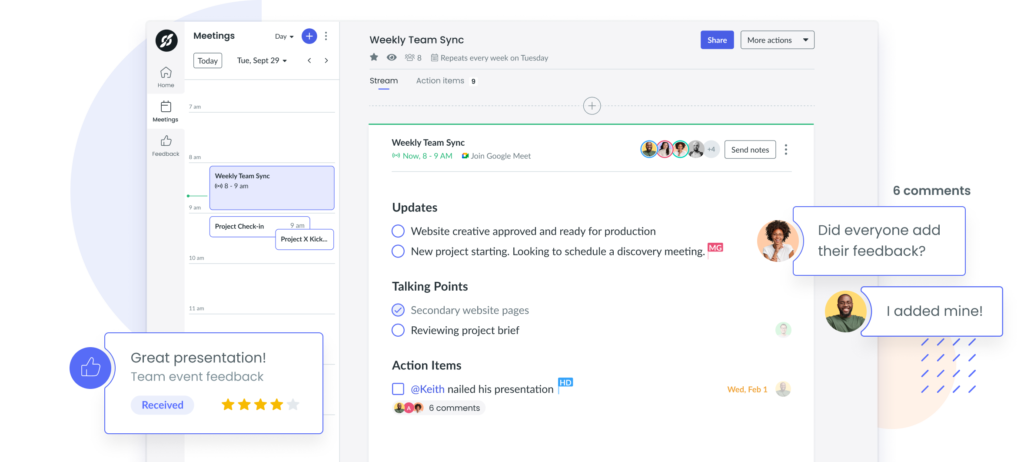
5 Effective team building problem solving activities
Here are 5 problem solving team building exercises that are going to bring you and your team closer together to tackle every day problems in the most effective way possible. 🙌
You’ll find a comprehensive description of the games, their importance in problem solving, the time required and the instructions on how to play below:
1 Marshmallow Spaghetti Tower
Promotes: Collaboration
Importance of collaboration in problem solving: When a manager actively participates with the rest of their team, employees feel much more supported. It is that support that then generates the motivation to contribute to the success of the team and perform well. A positive work environment will encourage your employees to work hard, build relationships and welcome challenges. If your team is used to tackling problems in a collaborative manner, challenges that arise will be welcomed by them as they have the professional drive to solve problems with the help of their colleagues.
Equip yourself with (per team):
- 20 sticks of uncooked spaghetti
- 1 roll of masking tape
- 1 yard of string
- 1 marshmallow
Time needed: 30 minutes.
Can we play remote? No.
How to play
- The objective of this activity is to see which team can use the materials provided to build the tallest tower within a 30-minute time period. The team must build the tower so that it can stand on its own, without any support!
- You can make this activity more challenging by making it a must to add a marshmallow to the top of the tower. This team-building problem-solving exercise pushes teams to think on the spot while building communication and leadership skills.
2 A Shrinking Vessel
Promotes: Adaptability
Importance of adaptability in problem solving: The more adaptable your team is, the more productive they will be, too. The ability to welcome change with more ease will diminish stress-levels for your team members and allow them to use the time that may have been spent worrying on solving problems instead. If your team is adaptable, they are much more likely to carry leadership skills, to take initiative, to be determined and analytical. These are all valuable qualities that contribute to the success of any team.
Equip yourself with: A rope or a string.
Time needed: 30 minutes.
Can we play remote? No.
How to play
- Use the rope to make a shape on the floor that everyone can fit into.
- Slowly shrink the space over a time period of 10-15 minutes.
- Work together to figure out how to keep everyone within the shrinking boundaries.
3 Stranded
Promotes: Communication and decision making
Importance of communication and decision making in problem solving: Strong communications within your team are paramount to teamwork and to resolving issues together. The clearer the communication, the less time you will spend remedying problems that arise so that you can make sound decisions. Good communication skills for remote teams are just as (if not more) important. Working on clear communication will allow you and your employees to solve problems more effectively, no matter the physical separation.
Equip yourself with: An office space/ virtual space.
Time needed: 40 minutes.
Can we play remote? Yes.
How to play
Begin by setting the scene for the group: Your team has been stranded in the office. The doors are locked, and knocking down the doors or breaking the windows is not an option. Your team has 30 minutes to decide on 10 items in the office they need to survive and rank them in order of importance. The goal of the game is to have everyone agree on the 10 items as well as their ranking in 30 minutes.
4 Legoman
Promotes: Communication
Importance of communication in problem solving: We’ve already discussed how communication is essential to the success of group work, though there are countless reasons it is important. Another reason why communication skills are essential to problem solving is because it makes us more comfortable with one another, the more we engage. Fostering a strong relationship with your colleagues will allow you to be more open, more receptive and more collaborative when solving problems.
Equip yourself with: Legos.
Time needed: 30 minutes.
Can we play remote? Yes. Group people together virtually. One person per team must have legos (in addition to the “overseer”) and the other team member(s) will help instruct their teammate how to build the lego. See below for details!
How to play
- Divide everyone into small groups of two or more.
- Select an overseer who isn’t on a team to build a random structure using Lego building blocks within 10 minutes.
- The other team(s) must build and replicate the structure exactly (including size and color) within 15 minutes. However, only one member from each group may look at the original structure. They must figure out how to communicate the size, color, and shape of the original structure to their team.
5 Escape
Promotes: Collaboration
Importance of collaboration in problem solving: A group has a much higher chance of resolving an issue more effectively and in a timelier manner than doing it alone. Collaboration means that problems that arise will feel less overwhelming because you’ll know that you have your team to help you come up with the proper approach and overall solution. Whether this collaboration is in small groups or a large group, knowing that at least one person has your back is reassuring, to say the least. Team work makes the dream work!
Equip yourself with:
- 1 rope
- 1 key
- A lockable room
- 5-10 puzzles or clues (depending on how much time you want to spend on the game)
- Sticky notes to create the puzzles or clues
Time needed: 30 minutes- 1 hour depending on your preference.
Can we play remote? Yes. The scenario can be made hypothetical and you can still create virtual clues on how your team can “get out” of the room.
How to play
The objective of this activity is to solve the clues, find the key, and escape a locked room within the time allotted. It is the same idea as a scavenger hunt except you are finding the clues to “get out”!
- Hide the key and a list of clues around the room (or virtual room).
- Gather the team into the empty room and “lock” the door (this becomes hypothetical if you work remotely). Option to divide your group into two teams if you have a large group.
- Give them either 30 minutes or 1 hour to find the key using the clues hidden around the room. The team must complete their puzzle as quickly as possible.
Free team building agenda template
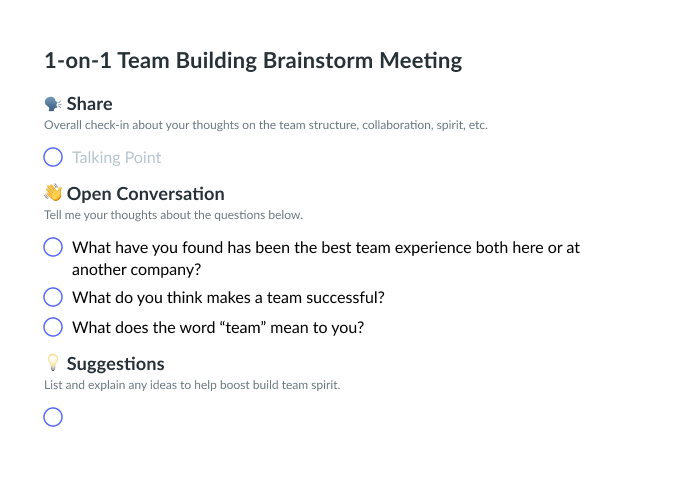
There is always room for improvement when it comes to problem-solving in the workplace. If you feel like you and your team need some new inspiration to generate more creative ways to bring the team together to solve problems, consider using these problem-solving activities. You will benefit from them by creating more trust between one another, by encouraging clear communications and by promoting stronger and healthier relationships, all while having some fun.



![Problem-Solving Meeting: What It Is and How to Run One [+ Free Template]](https://fellow.app/wp-content/uploads/2022/05/Problem-Solving-Meetings.jpg)





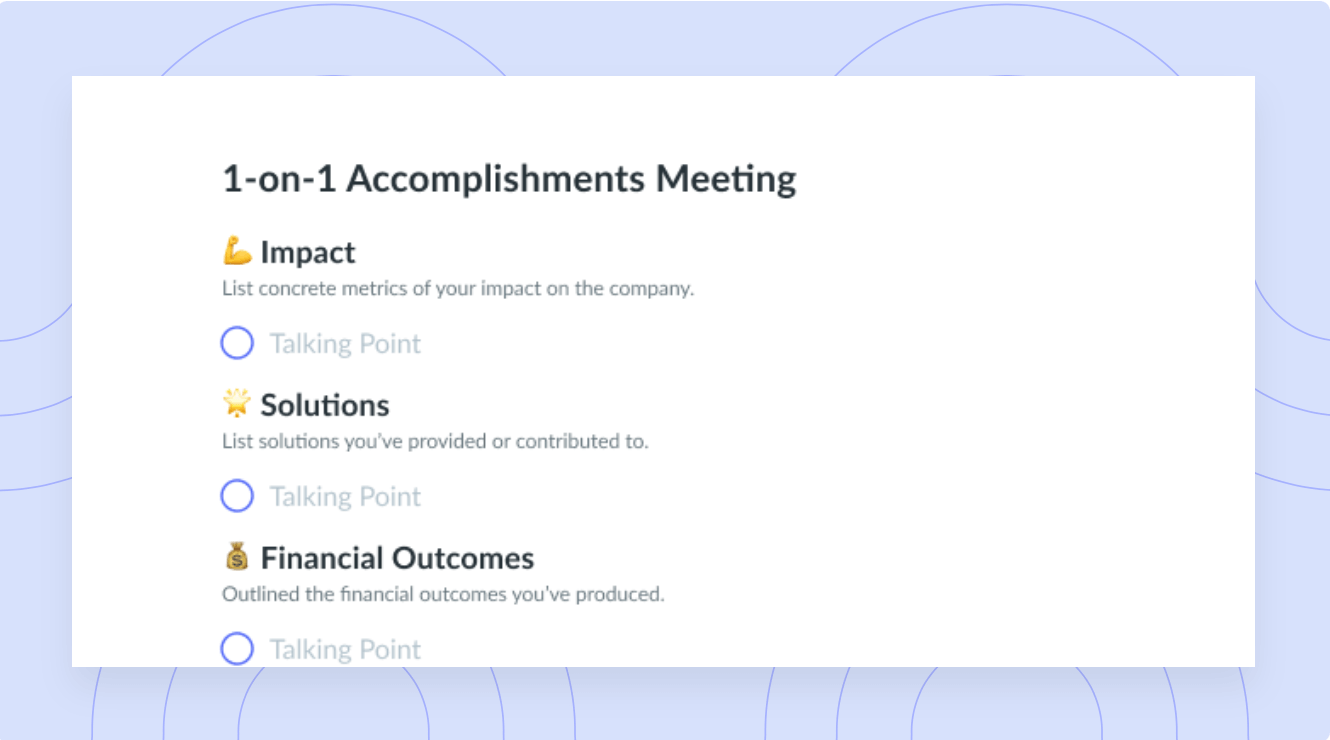
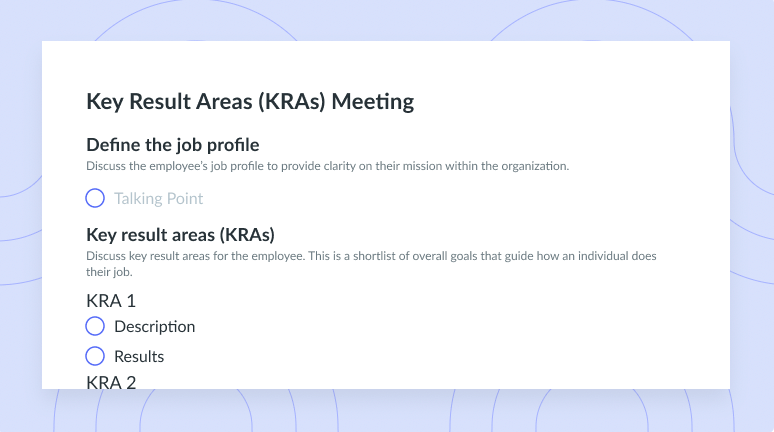
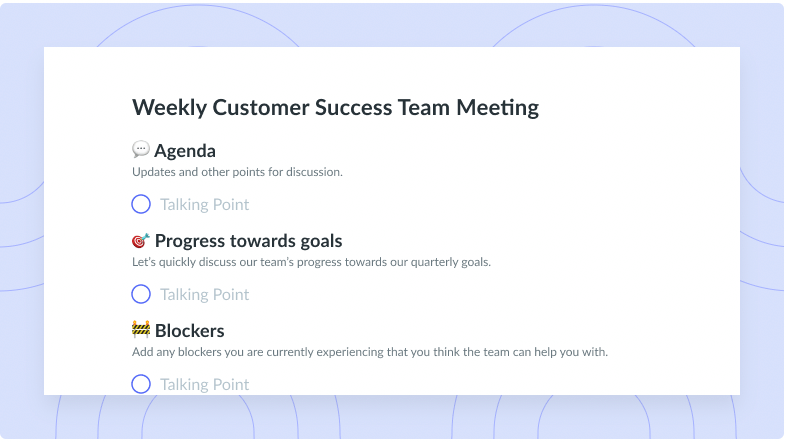

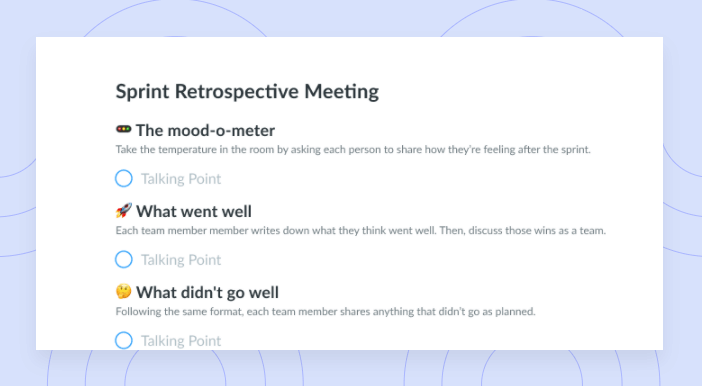
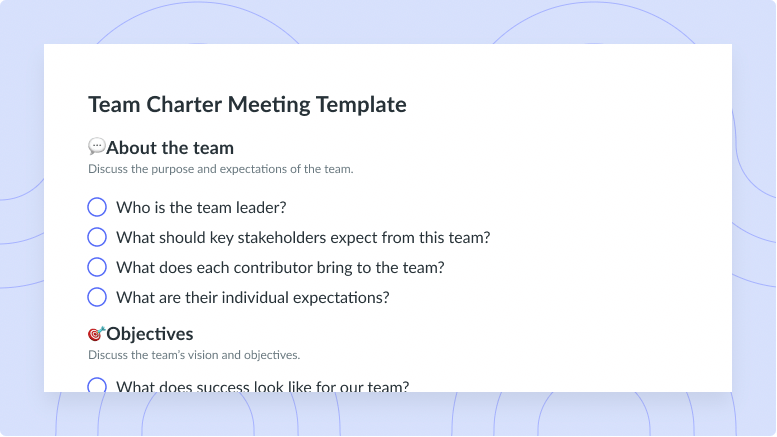
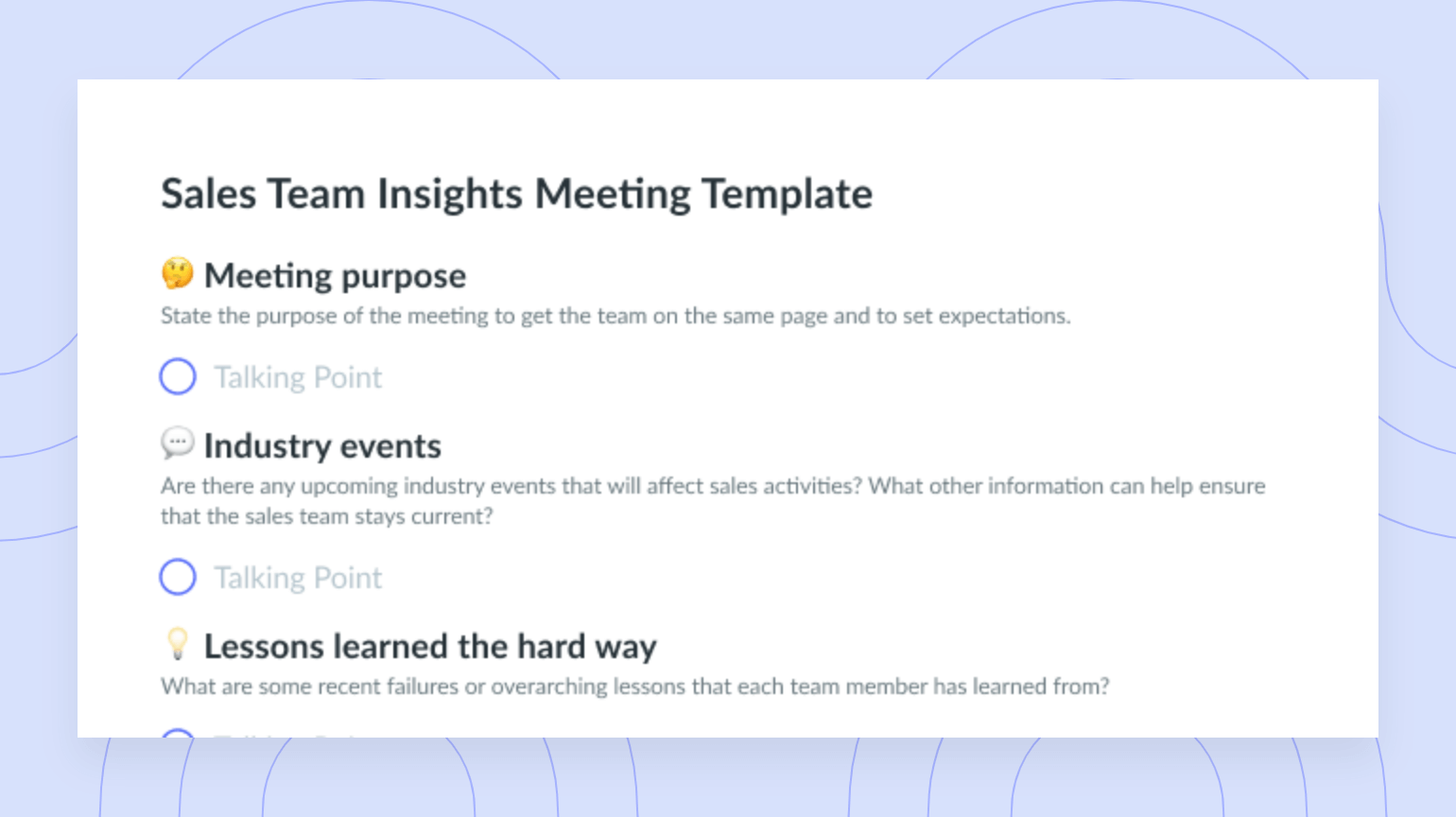
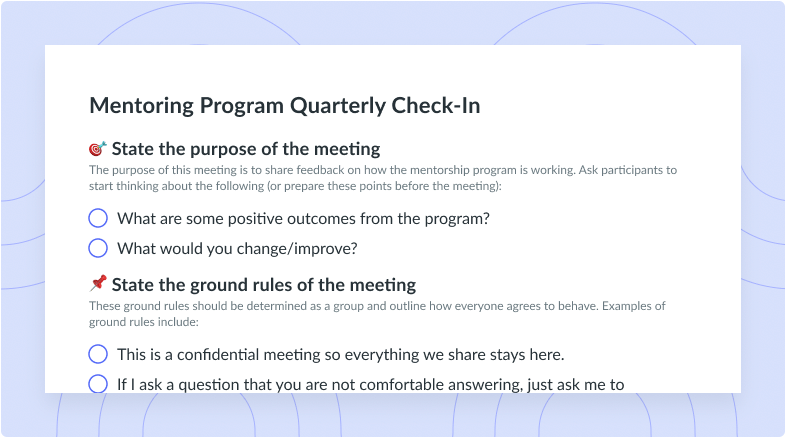
![What? So What? Now What? [Reflection Meeting] Template](https://fellow.app/wp-content/uploads/2021/08/What-So-What-Now-what-preview-v2.png)











